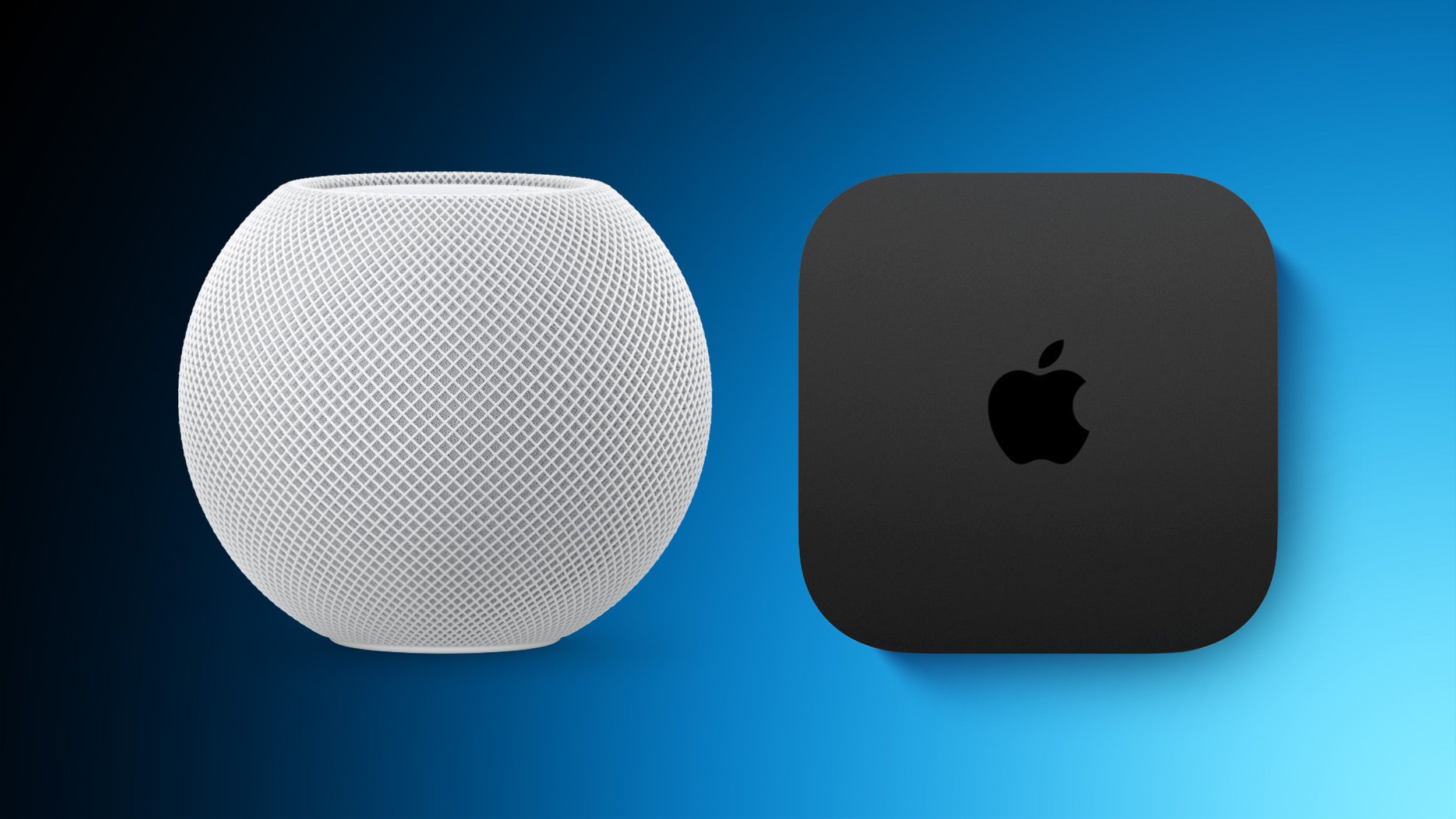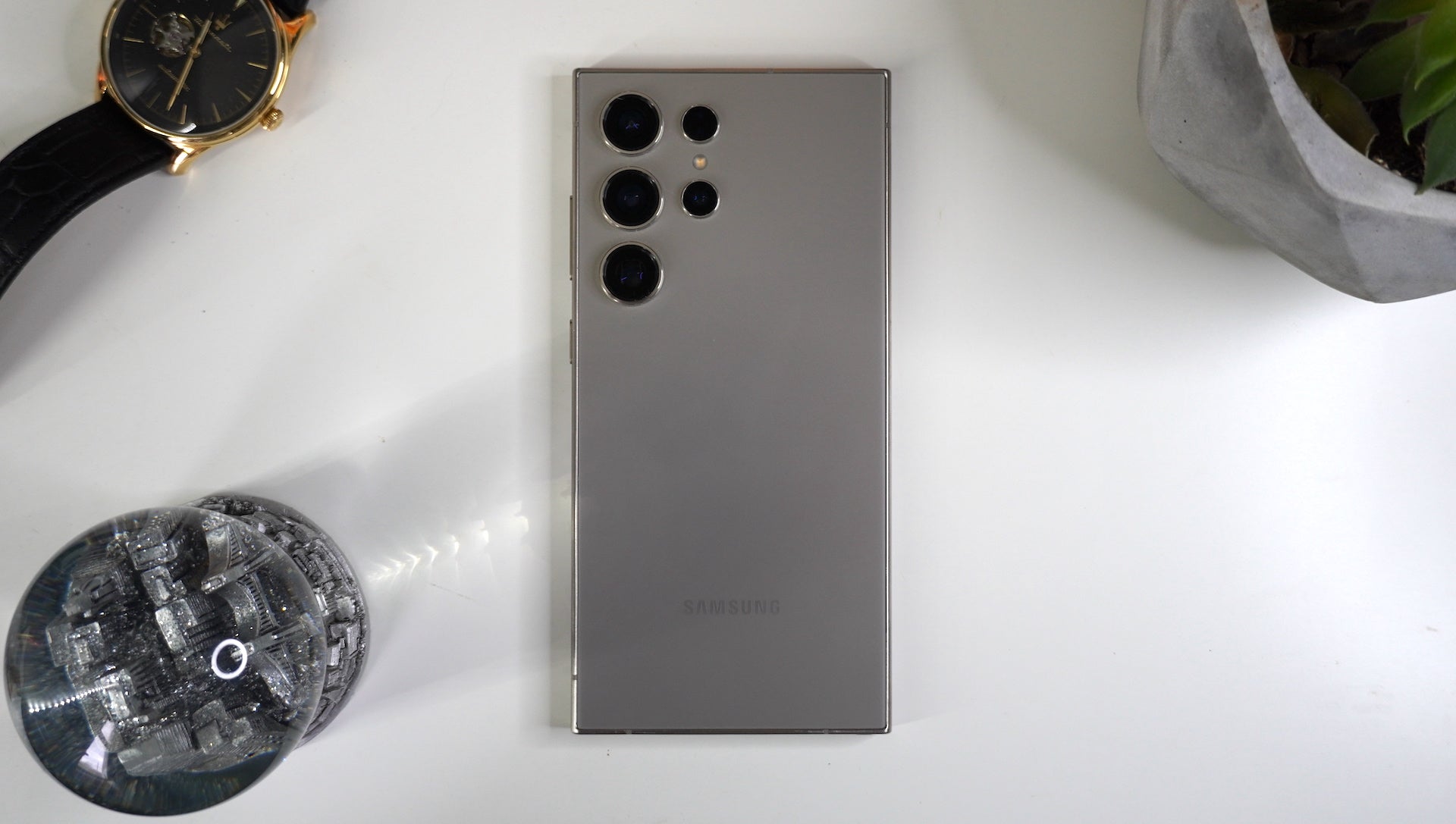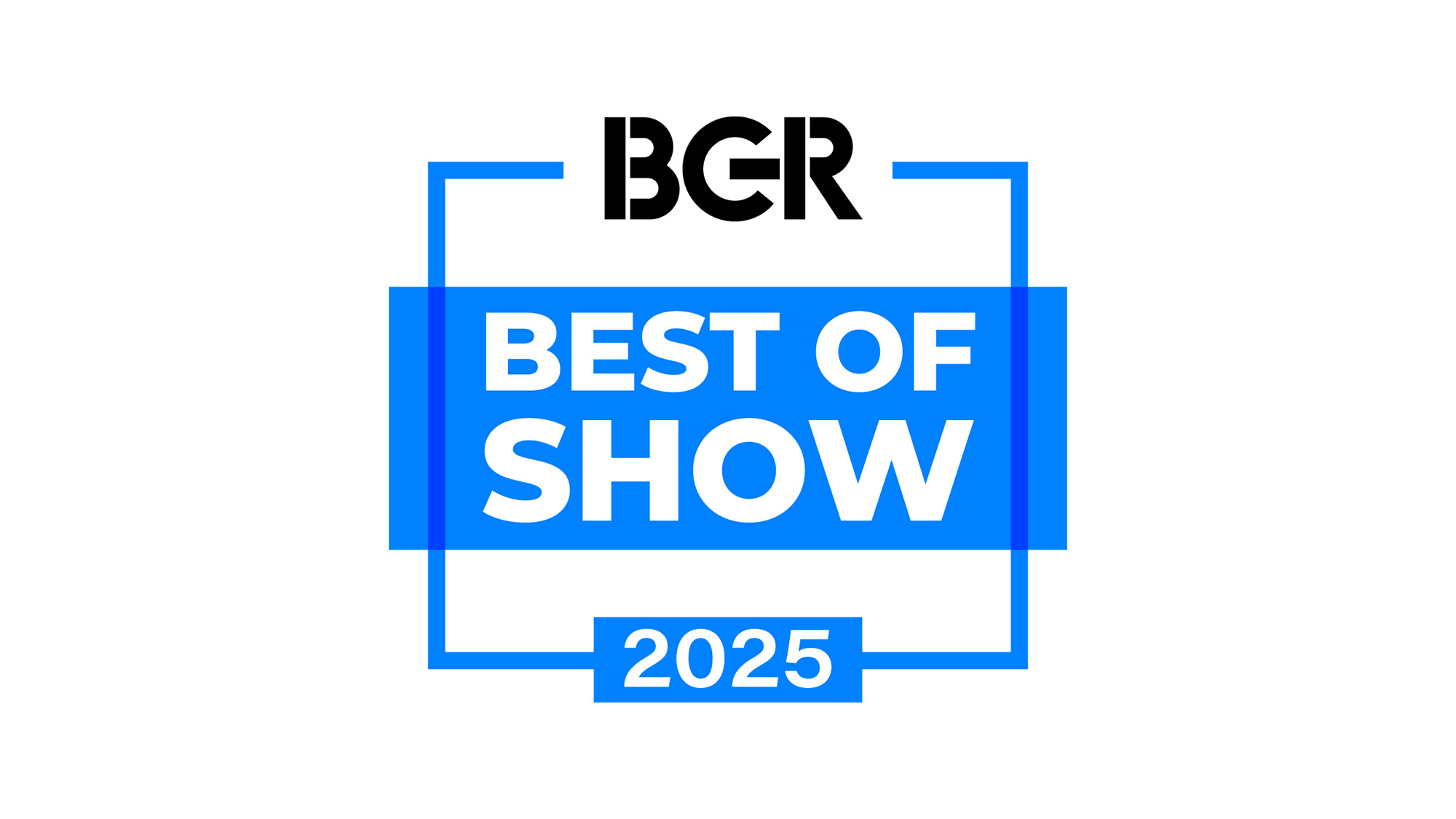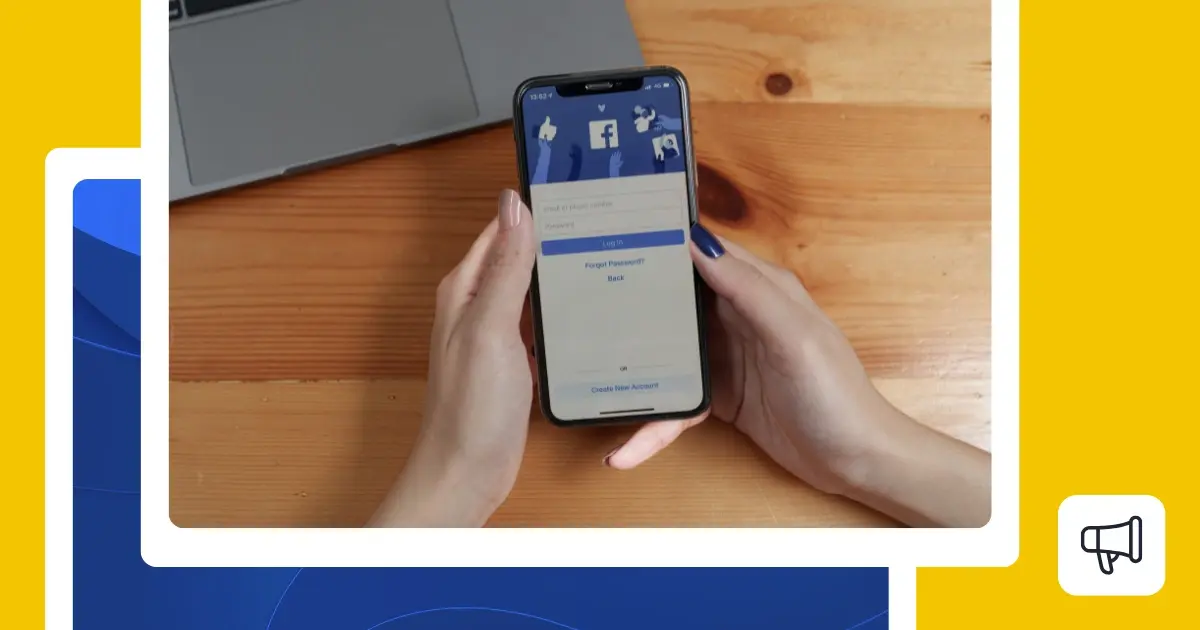Expertise Delivered
Backend, Data Science & QA
Industry
Insurance
Our client,
One of the biggest insurance brokers in the United States, has over 25 years of experience. They offer services at over 40+ locations that include auto, motorcycle, boat, life, health, pets, and other insurance services.
As an insurance broker, our client also conducts underwriting services for numerous insurance providers across the US.
Project Scope
Insurers use underwriting to verify the authenticity of clients’ insurance documents containing personal and financial information. This process is typically done manually but can be automated using AI-based technologies like machine learning, natural language processing, and cognitive computing.
With a high influx of customers, introducing automation to increase customer engagement and decrease manual workload has become paramount.
Our client’s project scope revolved around automating the underwriting tasks. It includes verification of customer information offered during claims registration and digitizing the same.
These documents included:
- Motor Vehicle Records (MVR) comprising the claimant’s name, license number, date of birth, gender, policy number, and more.
- Signature of the claimant (electronic or photographic).
- Vehicle details: manufacturing year, make, model, and vehicle identification number (VIN).
- Cross-verifying the bank credentials of a claimant.
Challenge
Underwriting can be a tedious process that traditionally involves manually verifying various documents and proofs. While assessing, an underwriter must be highly attentive as they primarily have to safeguard the company’s risks.
The manual verification process for such a lengthy sales cycle demands ample time, energy, and workforce and yet leaves room for error, resulting in the loss of customers.
Our client’s prerequisite for underwriting was to meet this challenge with an Optical Character Recognition model that could quickly scan claimant’s documents. They include first notice of loss documents, bank statements, credit scores, and other printed or handwritten claim-processing documents. The model would transcribe the same and render a digitized copy.
Our client was looking to partner with an AI solutions partner with expertise and experience crafting tailored solutions for the insurance industry.
Their requirements included:
- Digitize documents such as FNOLs, bank statements, credit scores, etc.
- Verify manual or printed documents, such as driver’s licenses, vehicle registration certificates, policy type and details, and more, by cross-referencing with the original customer documents without skipping any data.
- Process multiple applications parallelly, 24 x 7, without any human intervention.
- Store processed data systematically without duplication.
- Share verification status with agents or customers in an estimated time frame.
Why Maruti Techlabs?
Maruti Techlabs had previously worked on AI projects within the insurance industry. We connected with the client’s team to discuss our expertise in enhancing their underwriting processes. Our experts wanted to gain deeper insights into their underwriting and related operational processes that could be addressed using AI solutions.
After learning their challenges and assessing our capabilities, both parties agreed to proceed with a time-constrained Proof of Concept (PoC) as a trial run.
Following a successful execution of the PoC, they proceeded with their automation venture. Subsequently, we learned the project’s scope and developed a comprehensive timeline.
Our approach to understanding their business goals, validating the proposed solution through a time-limited Proof of Concept, and recommendations from industry peers were crucial factors for our client’s decision-making process. These factors gave our client the confidence to proceed with Maruti Techlabs.
Solution
We created a Python-based OCR model that would look for inconsistencies, missing information, or errors, and these applications would be flagged for manual review. The unflagged documents would be sent to the underwriters for processing.
Our primary goal was to extract essential data from a handwritten or printed FNOL document and rectify it by cross-referencing it with the customer’s registered credentials.
One major challenge our development team faced was feeding quantitative and qualitative data into the model to train the same effectively.
Here’s the step-wise process of implementing document processing using Optical Character Recognition:
-
Preprocessing the input image: This is the foremost step that must be conducted for any task with an image recognition component. Here, we used Tesseract to simplify images, detect relevant edges, and interpret the outline of characters.
-
Detecting text: In this step, we marked a box around the characters on the image. The same was done using real-time object detection with YOLOv5.
-
Recognition of characters: The final step includes recognizing the characters boxed in the previous step. PyTorch was leveraged to implement the same.
We tested our model using the test data provided by the client. Once the model was tried and tested with numerous use cases, it was deployed to their online platforms.
Communication and Collaboration
At Maruti Techlabs, we like to ensure transparency in communication while working on any project.
We leveraged JIRA for sprint management, task creation, roadmap tracking, and backlog grooming for this project.
Other than this, we scheduled weekly calls on Google Meet to share the development progress and specifics about the project. Both parties used Slack to carry out the day-to-day communication.
We deployed the following team for the development phase of the project:
- Project Manager – planning the entire project’s timeline, delegating responsibilities to team members, and monitoring the timely delivery of project deliverables.
- Technical Lead – leading the development team to achieve the decided deliverables. It involves supervising team members, delegating tasks, offering feedback, calculating risks, and settling conflicts.
- Software Developers – writing code for the model while creating, maintaining, rectifying, and upgrading software for efficacy.
- QA – ensuring software quality through meticulous testing, defect tracking, and risk mitigation.
Technology Stack
Results
- Our OCR model offered the following improvements in our client’s underwriting process:
-
It increased data accuracy while reducing the risk of data duplication using document classification.
-
Automated underwriting tasks, reducing the time spent by 40% and allowing more time to focus on high-priority tasks.
-
Strengthened security using risk-scoring and fraud insights.
-
It enhanced the overall customer experience with a dedicated end-to-end process for claims processing.
-
Our client benefited from Maruti Techlabs’ assistance in optimizing their underwriting process and creating customer value through AI-driven automation.
Our Development Process
We follow Agile, Lean, & DevOps best practices to create a superior prototype that brings your users’ ideas to fruition through collaboration & rapid execution. Our top priority is quick reaction time & accessibility.
We really want to be your extended team, so apart from the regular meetings, you can be sure that each of our team members is one phone call, email, or message away.











/cdn.vox-cdn.com/uploads/chorus_asset/file/25824223/ss_0214b431fca23b443e2aa0ba0535ba8b74aeac58.jpg)





